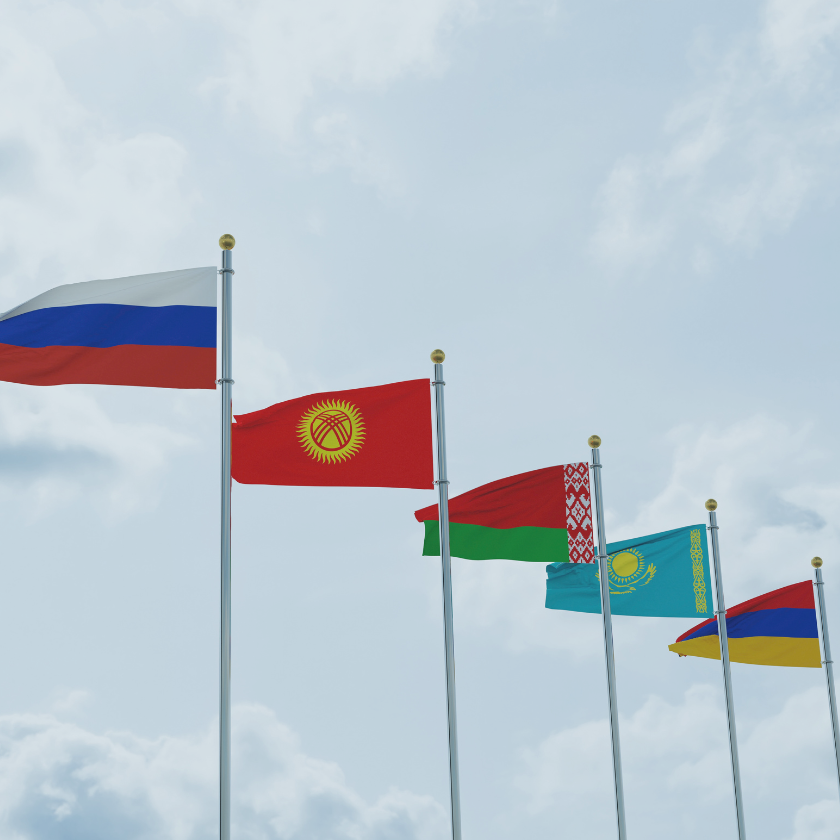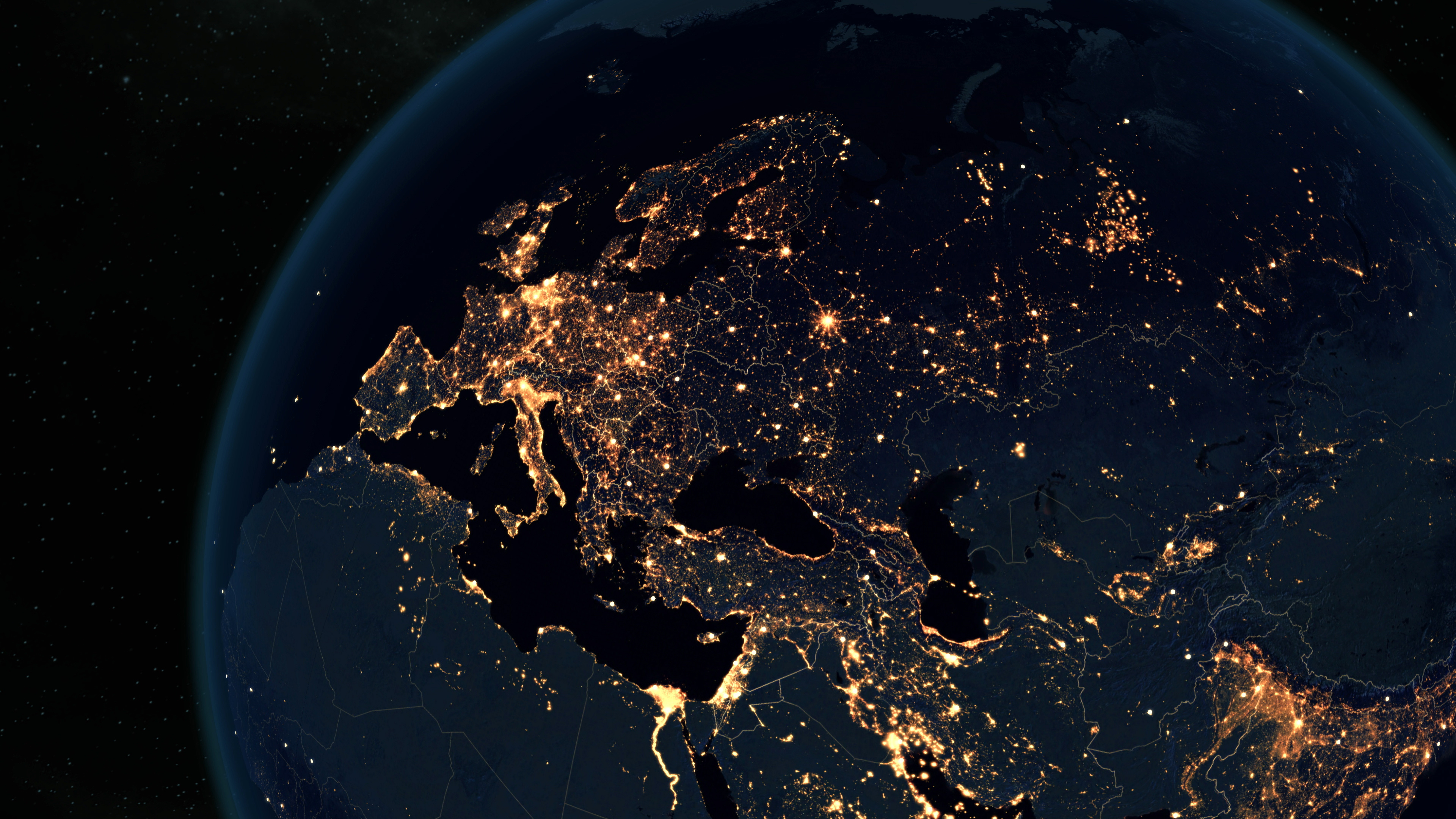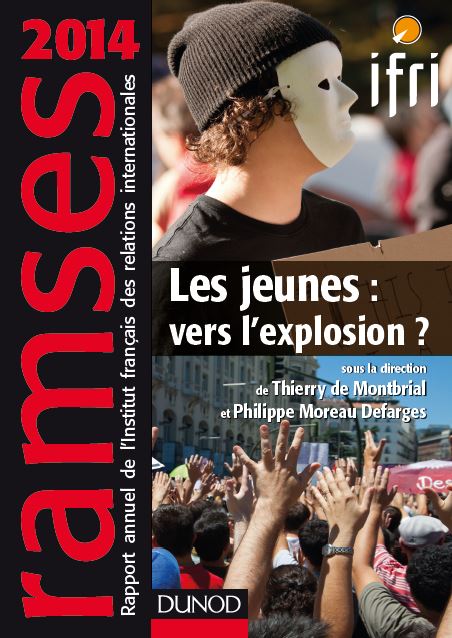Russia-Eurasia
Eurasia is undergoing profound changes. While the Soviet past has left a lasting imprint, Russia and the countries of Eastern Europe, Central Asia and the South Caucasus have their own trajectory.
Related Subjects

Europe-Russia: Balance of Power Review

European countries can no longer avoid the "Russian question," as Russia has chosen war. They have the necessary potential—that is, the economic means, military capabilities, and technological expertise—to face Russia by 2030, provided they demonstrate the political will to do so.
Moldova's National Minorities: Why are they Euroskeptical?
Following the 2014 separatist conflict in Ukraine, observers have worried about the potential for a similar conflict in Moldova that would interrupt the country’s EU association. Indeed, Moldova’s national minorities largely oppose the country’s process of approximation and integration with the European Union.

The Ukrainian Crisis or the European Misunderstanding
The crisis in Ukraine seems at first to be the result of the impact of two misunderstandings of Russian and Western approaches.
The Crisis in Ukraine: An Insider's View
By the end of 2013 the numerous miscalculations of the Yanukovych regime had deepened the systemic crisis in Ukraine, the crux of which was the tension between the people's hopes of independence and the inefficiency of the country's post-Soviet political and social system.
The EU, Russia and the Eastern Partnership: What Dynamics under the New German Government?
The Eastern Partnership summit in Vilnius in November 2013 demonstrated that the European Union’s policy toward its eastern neighbors has developed into a highly contentious issue between the EU and Russia.


Russia's Eastern Energy Policy: A Chinese Puzzle for Rosneft
In the past decade Russia set a strategic goal: to develop the Eastern vector of its energy policy and strengthen oil and gas cooperation with the Asia-Pacific countries. While dialogue on gas with China was stalled, Rosneft, the country's number-one oil company, made a breakthrough in petroleum relations.

Internet, accélérateur des transformations de la Russie
La crise économique mondiale survenue en 2008, qui s’est durement répercutée en Russie, a cristallisé le mécontentement de la population, en particulier des classes moyennes et supérieures. Ce ressentiment, les réseaux sociaux et les blogs permettent de l’exposer sur la « place publique » en obtenant une résonance significative. Cette évolution n’est pas propre à la Russie ; elle est générationnelle.
Disponible sur Cairn
Deja Vu with BMD: The Improbability of Russia-NATO Missile Defense
Consistent attempts by the US and NATO to cooperate on ballistic missile defenses have long divided Russia and the West. The failed talks on this issue have built a foundation of frustration that has reinforced the general lack of trust among the parties on this issue.
Kazakhstan and Eurasian Economic Integration: Quick Start, Mixed Results and Uncertain Future
Kazakhstan's economic integration with Russia and Belarus has been advancing at break-neck speed.
Support independent French research
Ifri, a foundation recognized as being of public utility, relies largely on private donors – companies and individuals – to guarantee its sustainability and intellectual independence. Through their funding, donors help maintain the Institute's position among the world's leading think tanks. By benefiting from an internationally recognized network and expertise, donors refine their understanding of geopolitical risk and its consequences on global politics and the economy. In 2025, Ifri supports more than 80 French and foreign companies and organizations.







